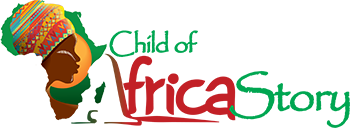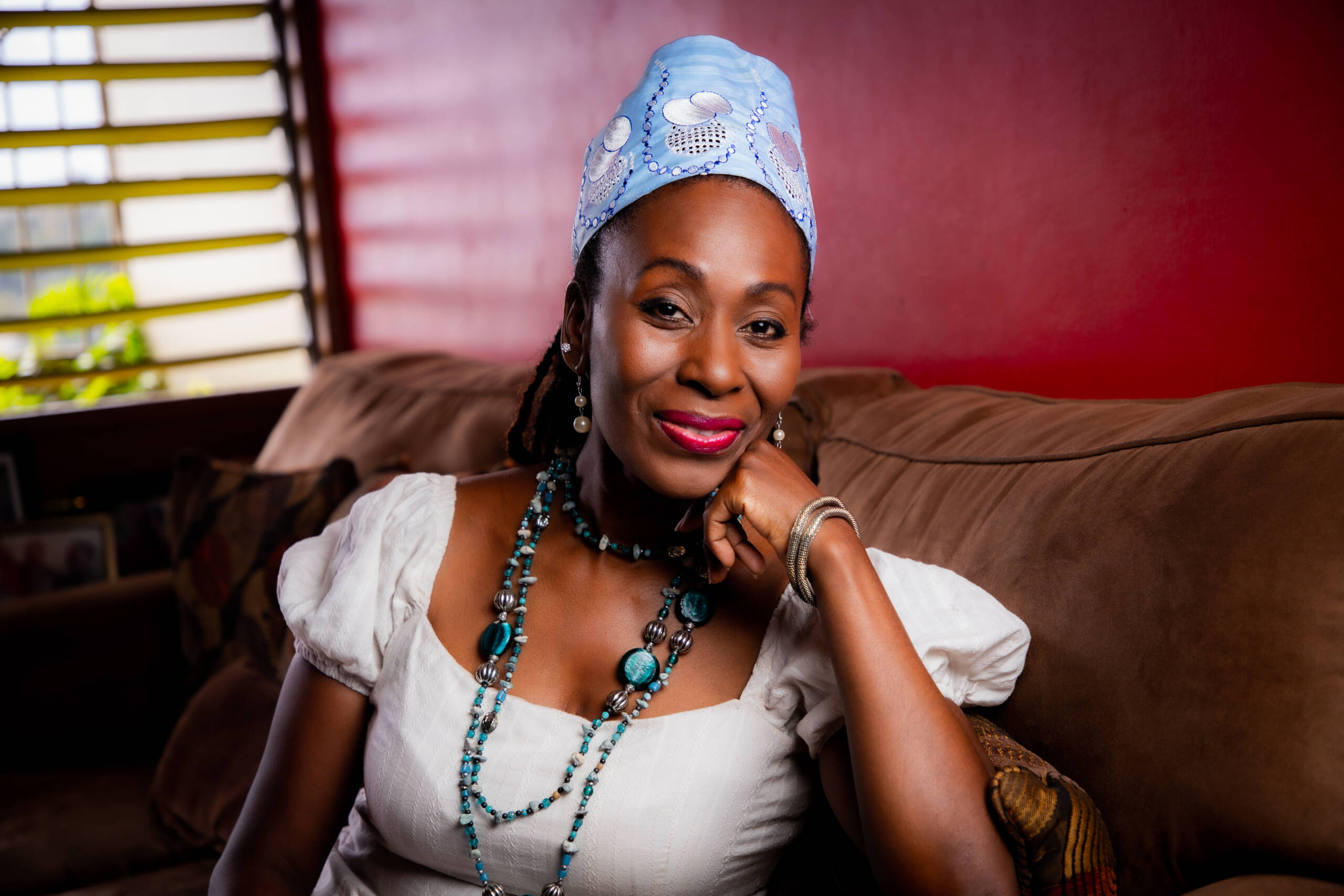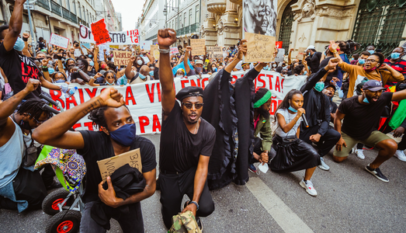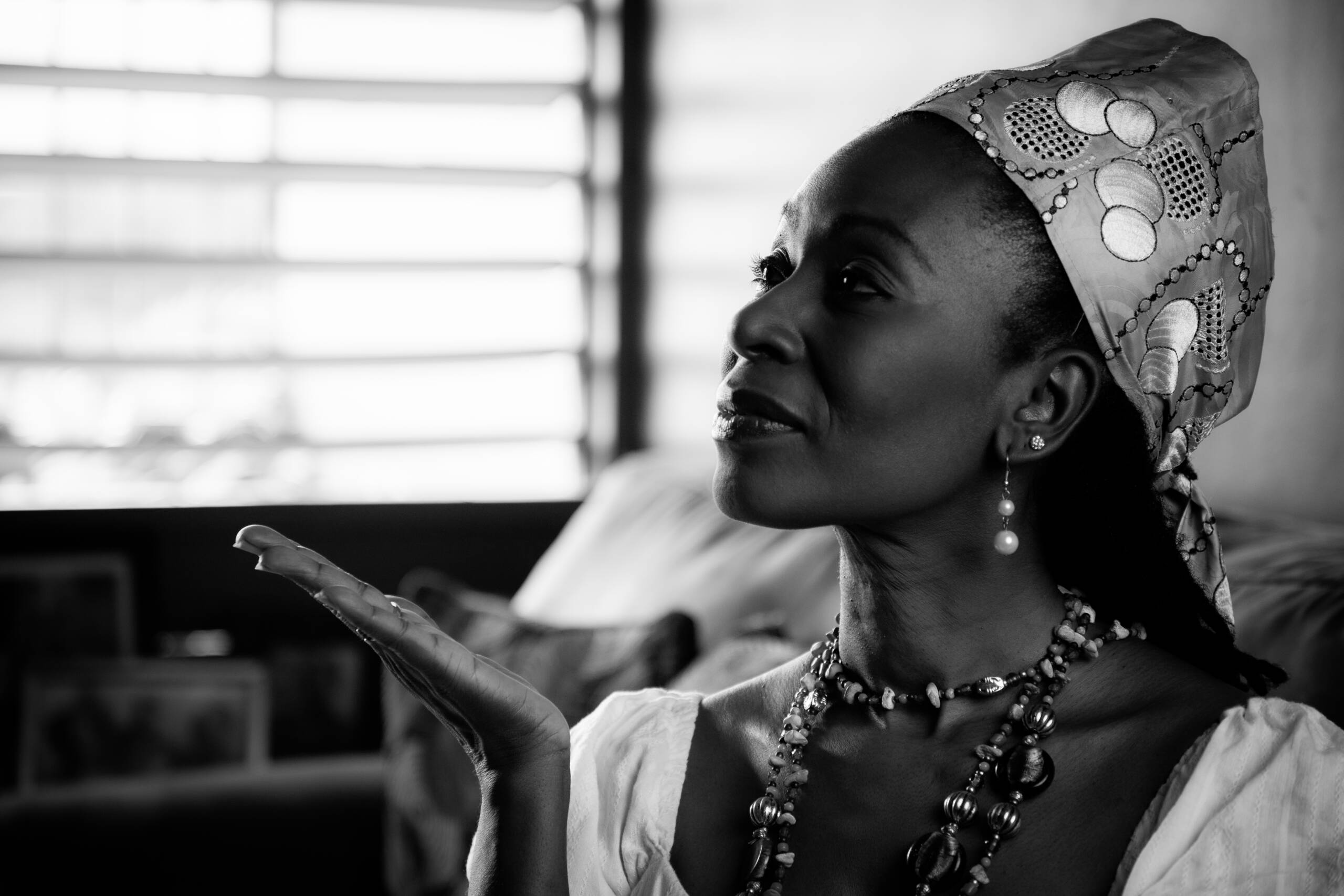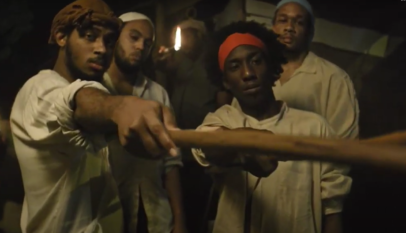Obeah: The healing magic of African spirituality
Mama Yemoja
Fierce beauty
lapping gently
at my feet
In generational ritual
I bow before you
whispered prayers
flow
with the rhythmic
crest and fall
of your waters…
Ida, my grandmother pushed out her mouth. I had already seen her carry the bucket of water with bush leaves into the small bathroom. I knew what was coming. I also knew that it made no sense to resist. She poured the warm water and leaves over me with a serious face, only speaking to give me instructions about which direction to face. When the bucket was empty, she pulled the towel around me and dried me roughly. “Alright,” go and put on your clothes.” The ritual was over.
Instinctively, my grandmother was practising her own form of spiritual magic. She used her knowledge of the healing properties of plants to help create a protective bath for her grandchild. Sometimes, she would light candles and whisper fervently while fingering her rosary beads. Naturally, this would have been viewed as a normal, accepted way to access positive energies in the universe. By contrast, her bush bath, drawn from the knowledge and practice of indigenous and African peoples, that would have been dismissed, even ridiculed as obeah.
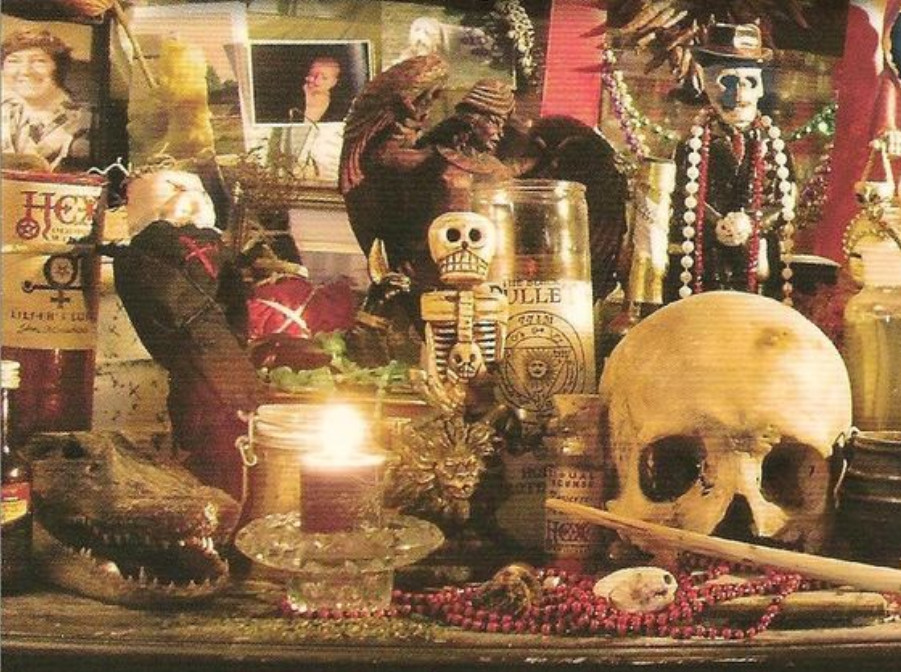
What is Obeah?
Professor Maureen Warner-Lewis has traced the word obia to the Akan people of Ghana. Obia means “manipulation of supernatural forces by ritual, divination and herbal medication.”
In many traditional African belief systems, spiritual connections exist between the unborn, the living, divine forces and those who have died. For the African, all life is linked – from plants to animals and human beings – and all contain varying degrees of spiritual energy. Death, though painful for the family, is viewed as a time to celebrate the life of the person who has passed. Further, it is essential that the correct rituals are done to prepare the departed to enter the next realm, the next phase of their spiritual journey.
Thus, the “belief that spiritually powerful individuals can subdue or strengthen another person’s spiritual energy is the basis for the practice of obeah.”
African Spirituality and resistance to enslavement in the Caribbean
“…evidence suggests that it was ill treatment from the Whites that had forced the Africans to resort to two modes of resistance: obeah and poisoning of livestock, perhaps in an attempt to reduce the masters’ profits.”
During the period of enslavement in the Caribbean, Akan peoples developed the reputation of being some of the most rebellious, fierce warriors against that racist system. Increasingly, evidence shows that from the late 1600s to around the 1770s, Akan warriors sold into enslavement were most likely the driving forces behind revolts in islands such as Barbados, Jamaica and Antigua. Undoubtedly, they would have used the power of their obia to fortify them in battle.
The leaders of the Haitian Revolution relied on Vodun or Vodoun (Voodoo is the Westernised spelling) to unify the enslaved across this vast nation, inspire loyalty and build confidence that they could be victorious. Vodun is a form of African spirituality from the ancient kingdom of Dahomey that today covers the regions known as Nigeria, Benin and Togo. The word Vodun comes from a Fon word meaning spirit or deity.
In Trinidad, Governor Picton developed a reputation for the torture and brutal treatment of enslaved Africans. Under his watch, enslaved were branded, decapitated and burnt alive. His Slave Code of 1800 allowed planters to deliver the harshest punishments for simple offences. The Code specifically made reference to Obeah men, who it said would be placed in prison and “dealt with according to law,” if discovered. In truth, poisoning was one of the means of resistance used by Africans against the brutality of enslavement. In 1803, on one estate some 70 out of 150 enslaved Africans died from poisoning. Historical records also show the influence of Haitian military skill and African spirituality underlying an attempted revolt in1805. Often the Africans used their knowledge of herbs to poison livestock, but also to end their own lives; either way, they would be depriving the planters of profits.
Given the role of African spiritual practices in resistance to enslavement, it is hardly surprising that those who profited from the sale in human beings would demonise obeah. It stands to reason that the enslavers would say and do anything to suppress or annihilate anything that threatened their ability to continue to amass vast wealth.
As it turns out, the enslavers were only a small part of an international system that thrived and depended on African enslavement. Members of the Church were equally culpable in this heinous, enormously profitable trade.
Re-visioning our relationship with African spirituality
“The clergy engaged in the important ideological work of defending African enslavement. It blessed slave traders and slave ships and presided over events such as executions of the rebellious. Critically, the clergy were elite private investors in slave plantations which they owned and managed.”
Religion was a powerful weapon to turn Africans against their traditional beliefs. In Africa, missionaries converted millions to Christianity, while in the Caribbean, religion was part of the arsenal to encourage the enslaved to be more accepting of their condition.
Traditional African religion was demonised as savage and barbaric. Certain passages from the bible were quoted to encourage obedience, while others were omitted to conceal ideas of fair treatment. Over the centuries, images of white gods would help seal a belief in the inferiority of African spirituality against the purported superiority of the belief system followed by the white people who were in charge. In effect, religion was part of a highly organised campaign to promote that “Africans were not human and were deserving of enchainment and enslavement.”
Fortunately, Africans fought for their culture. The survival of the Yoruba Ifa/Orisa belief system from Brazil to Cuba and Trinidad and Tobago is just one example. My grandmother was a devout Catholic, but when she needed to, she reached into her ancestral memories with its knowledge of herbs, plants. When necessary, she reached for her obeah.
In this moment, with the world questioning racist systems and structures, now is the time for people of African heritage to re-vision their relationship with African spirituality. The enslavers hated and feared our obeah because it hurt their profits and helped our ancestors reclaim freedom. In this moment, let us reach into our ancestral memories and recognise that we have our own healing magic that is as old, deep and wise as the waters of Mama Yemoja.
African people have no need to fear obeah. It is ours.
Ase. So be it.
BLM – To kneel or not to kneel: Are we missing the point?
“I am not going to stand up to show pride in a flag for a country that oppresses black peo…
